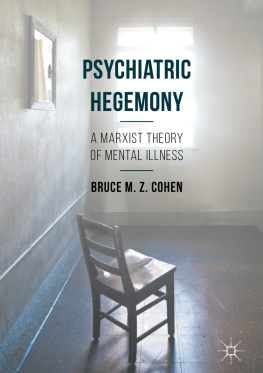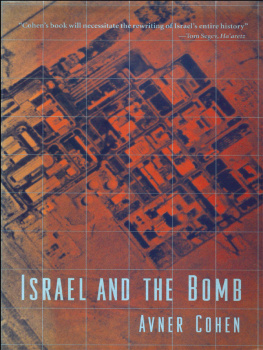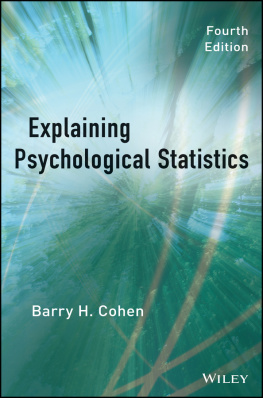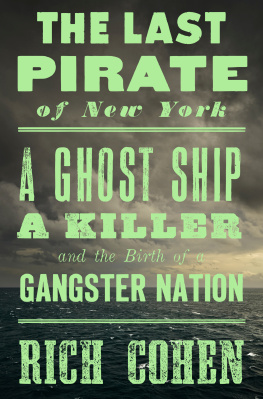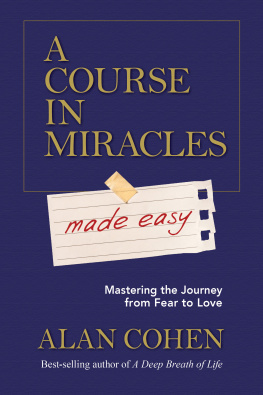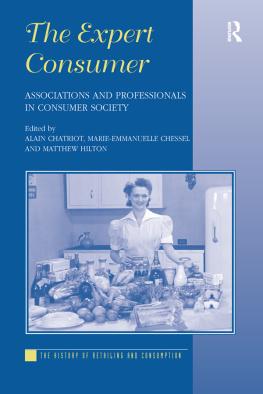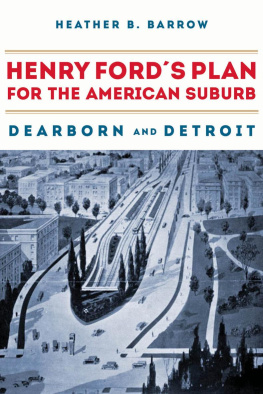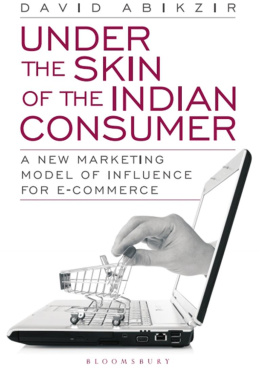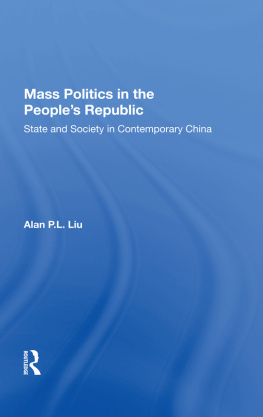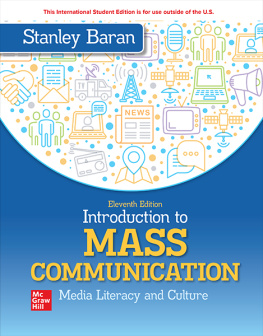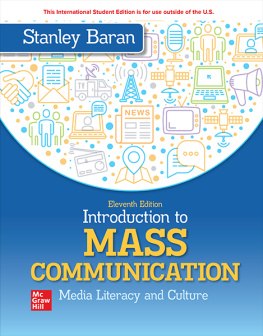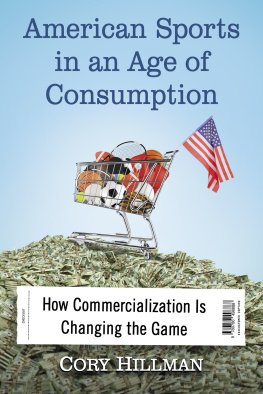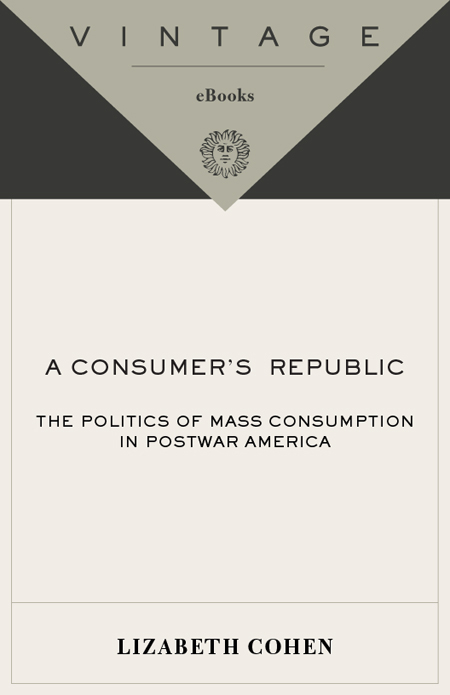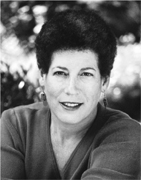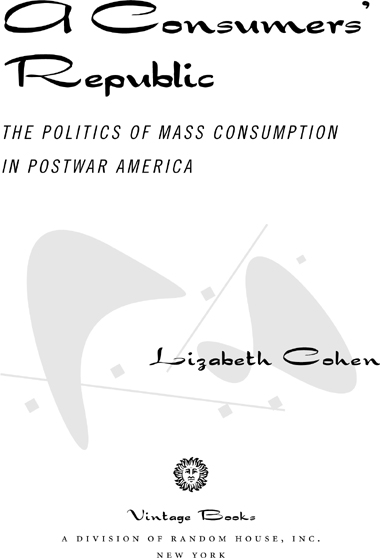Part One.
THE ORIGINS OF THE POSTWAR CONSUMERS' REPUBLIC
Part Two.
THE BIRTH OF THE CONSUMERS' REPUBLIC
Part Three.
THE LANDSCAPE OF MASS CONSUMPTION
Part Four.
THE POLITICAL CULTURE OF MASS CONSUMPTION
Prologue
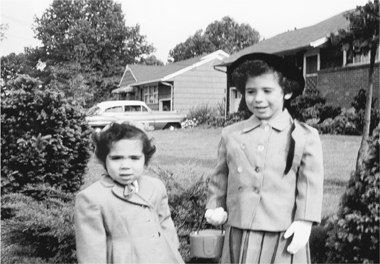
The author (right) and her sister in front of their ranch-style house in suburban Paramus, New Jersey, 1956. (Collection of Lizabeth Cohen)
I was born in February 1952, and after what was then a standard five-day stay at the hospital, I moved into my first home in Paramus, New Jersey, a brand-new ranch-style house in one of the many subdivisions being carved out of Paramus's woods and farms. My parents had recently bought this 960-square-foot house for $11,990, thanks to $2000 in savings crucially supplemented by a 4.5 percent GI mortgage for which my father qualified as a World War II vet. The GI Bill had already subsidized his business school education. Dorothy Rodbell and Paul Cohen had married two years earlier, when they were twenty-two and twenty-nine, respectively. For a long four months they had lived with my mother's parents in Manhattan as they navigated what was still a severe housing shortage following the war. In April 1950 they moved into a newly built garden apartment right across the George Washington Bridge in Fort Lee, New Jersey. Less than two years later, they became new suburban homeowners
My family's suburban voyage did not end in Paramus. Four years later, my sister now in tow, we moved three miles away to a larger, more expensive house in a more established, solidly middle-class town. Whereas our neighborhood of young families in Paramus had been socially and economically diverseProtestants, Catholics, and Jews, professionals living next door to factory foremen, people employed locally as well as Manhattan commuters our new town was more of a conventional bedroom community. Four years later, when I was eight, we were on the move again, this time to an upper-middle-class suburb in New York's Westchester County. Beyond my parents' upward mobility, measured through their serial acquisition of more expensive homes in communities of ever higher socioeconomic profiles, New Jersey's inadequate and overly property tax-dependent system of school funding had driven them away. Our new town had nationally touted public schools and a population willing and able to pay for them with steep property taxes, necessary despite New York's greater state support for its local schools.
During those first eight years of my life in New Jersey, I watched postwar mass suburbia develop, what in this book I call the landscape of mass consumption. New limited-access highways bypassed slower, established commercial routes. Along their path, suburban settlements sprouted on what had been fields of corn, celery, spinach, and cabbage. Shopping centersin my case, Paramus's Bergen Mall and Garden State Plazabecame the new centers of community life, providing a place to spend a Saturday, to attend an evening concert, to take the children to visit Santa Claus, to see candidates campaign. Like many in my baby boomer generation, I grew up in a world of kidson the block, in overflowing schools, and on television, where so many programs and advertisements seemed to have been made just for us, from Captain Kangaroo, Romper Room, and the Howdy Doody Show when we were young to Rin Tin Tin, Lassie, and American Bandstand as we grew older.
But my world was not only defined by class and age; race mattered as well. In both of these New Jersey towns, I remember few people who were not white: a handful of highly educated immigrants from Taiwan, no African Americans. The most prominent social division we lived with was between public and parochial school kids. In the more privileged community in Westchester, our recently built subdivision was very near to the substantial homes of two African-American families, one that of a doctor, the other of a dentist. Significantly, these families had built their beautiful custom houses on large plots of land on the edge of town. When new homes went up and expanded the town to its geographical borders in the early 1960s, these two black families found themselves suddenly surrounded by neighbors, but still on the social margins of the community.
As my world grew beyond my town, and I grew into adulthood, I became increasingly active in electoral politics, working on Eugene McCarthy's and then Robert Kennedy's presidential campaigns in 1968, for John Lindsay's reelection as mayor of New York in 1969, and as one of only a handful of paid staff on Congresswoman Shirley Chisholm's presidential campaign in 1972. Looking back on those campaigns, I now can identify political trends analyzed in this bookmore reliance on television, more orientation toward professional expertise in polling and advertising, more targeted campaigning to segments of the electorate. In the Chisholm campaign in particular, one of our toughest challenges was balancing the conflicting agendas of our two main voter segments: white feminists and African Americans. Although civil rights and anti-Vietnam War activism preoccupied me, as it did many in my generation, I was nonetheless quite aware of the rising consumer movement of the 1960s and 1970s chronicled toward the end of this book. I admired Ralph Nader, for years considered grapes food for boycotting not eating, and welcomed increased government regulation of manufactured goods and the environment. I was vaguely aware that my father's cousin Arnold Elkind was appointed chairman of the National Commission on Product Safety by President Lyndon Johnson, taking some pride in my family's own small contribution to making modern America a safer place to live. Was I ever conscious during these years from 1952 to the mid-1970s of living in what this book calls a


